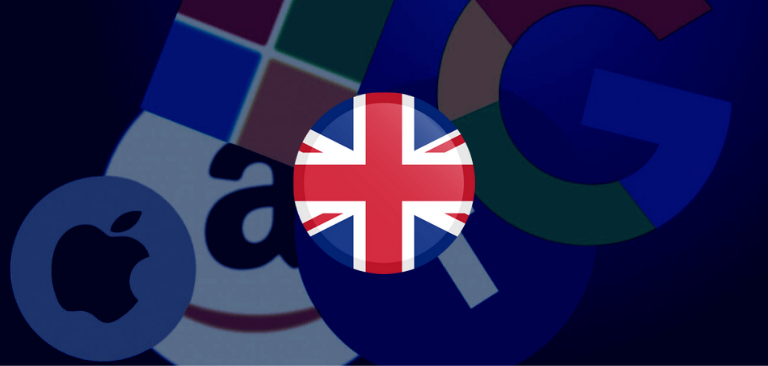Yet another probe into Big Tech’s suspected foul practices that might be harming users and consumers has been initiated – this time in the UK, by the country’s Competition and Markets Authority (CMA).
The investigation is rather narrowly focused on the way algorithms employed by Google, Facebook and Amazon work, and the way they may influence – or, as the announcement put it, “potentially manipulate” – the way people shop, work, live, and even think, in terms of current events.
The controversy is old news to those who’ve been paying attention to it – for example, it’s been a good while since anybody’s seen organically ranked, instead of algorithmically sorted and personally-targeted search results in Google. But it’s now coming to the fore in a series of regulatory initiatives in different countries, likely spooked by the sheer amount of unaccountable power these giants obviously wield even in their country of origin.
The UK investigation will look into different ways these companies potentially manipulate the lives of UK residents: Google and Facebook, for instance, are suspected of rigging their feeds in a way that determines what news their users see.
As for Amazon, the concern is that the juggernaut’s policy of granting their stamp of “Amazon Choice” to certain products might be directing shoppers towards spending more money on rogue vendors – thanks to the possibility of manipulating the algorithm behind it all.
The CMA is turning to industry experts and academics to equip it with useful information about how all this works and whether it causes harm.
However, there is one obvious point here staring everybody in the face: if these algorithms were open source and therefore auditable, there would be no need for any country to launch – no doubt pricey to the taxpayer – investigations with ultimately very doubtful outcomes.
But these algorithms are instead proprietary, i.e., their content is hidden from the rest of the world. The saying used to be – to justify tech companies’ collusion with law enforcement – that, “if you have nothing to hide, you have nothing to fear.”
So, if Google, Amazon, and Facebook have nothing to hide – why not open their algorithms for the world to easily inspect?










